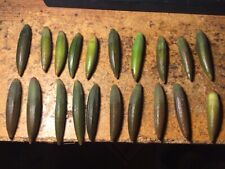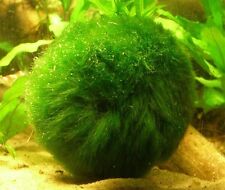Can Cats be Fed Dairy Products?

Is milk bad for cats? Or is it simply not necessary? Does this apply to all dairy products?

All dairy products contain milk and milk-derivatives, and this includes cream, butter, cheese, yogurt and ice cream. In nature, most mammals do not have access to milk after weaning (after the mother stops providing her own milk), so it is therefore logical that provision of milk is not necessary for the normal health of an adult mammal. The most abundant sugar in dairy products is lactose, which requires an enzyme called lactase to be able to digest it and avoid symptoms of lactose intolerance, such as bloating, abdominal cramps and diarrhea. All mammals have high levels of lactase when they are young but the ability to digest lactose generally decreases with age. And as in humans, cats have varying levels of tolerance to lactose.
In addition to lactose, milk contains casein, which accounts for about 75% of protein products in milk. A diet consisting of a very high level of casein has been linked to Retinal Degeneration in cats because it interferes with the normal absorption of other nutrients. However, cat owners feeding a well-balanced diet containing small amounts of dairy should not be concerned with this.
If your cat has been fed small amounts of dairy products and not only seems to enjoy it but suffered from no ill effects, then feeding small amounts of dairy products such as cream several times a week will do no harm. However, if your cat has never tasted dairy and since milk is not necessary if your cat is being fed a balanced diet, it is advisable to simply omit this from their diet.

$999999.00
Sagittaria cuneata, arum leaf arrowhead aquatic plant.
$1249.00
200 small red mangrove*AQUARIUM SEEDS*7-10 inches each + 700 oriental mangroves*
$1200.00
Soldout Fissidens Fontanus 2*2 patch aquarium live plant moss A plus quality
$999.99
***300 Oriental MANGROVES FISH Seeds***Bruguiera sexangula***100 red mangroves
$800.00
Red Root Floaters Live Aquarium Floating Plant, Phyllanthus fluitans
$510.50
$500 Aquarium plant package assorted plants Red plants floating plants
$500.00
$499.00
Marimo Moss 30 Balls 1inch and 30 Balls 0.5 Inch Live Plant Aquarium Tank In USA
$450.00
100 Bulbs Red Tiger Lotus [Bulk Discount] | Aquarium Plants Factory®
$449.99









![100 Bulbs Red Tiger Lotus [Bulk Discount] | Aquarium Plants Factory® picture](/petstore/img/g/Ut4AAOSwCShlvx6l/s-l225/100-Bulbs-Red-Tiger-Lotus-Bulk-Discount-Aquarium-P.jpg)